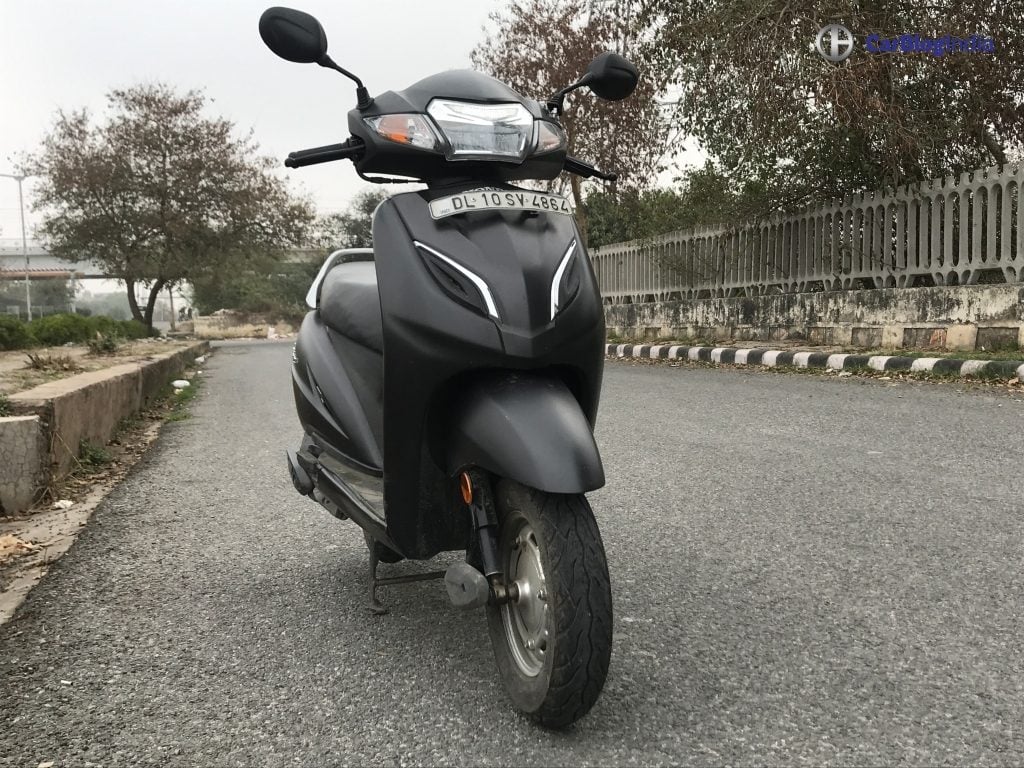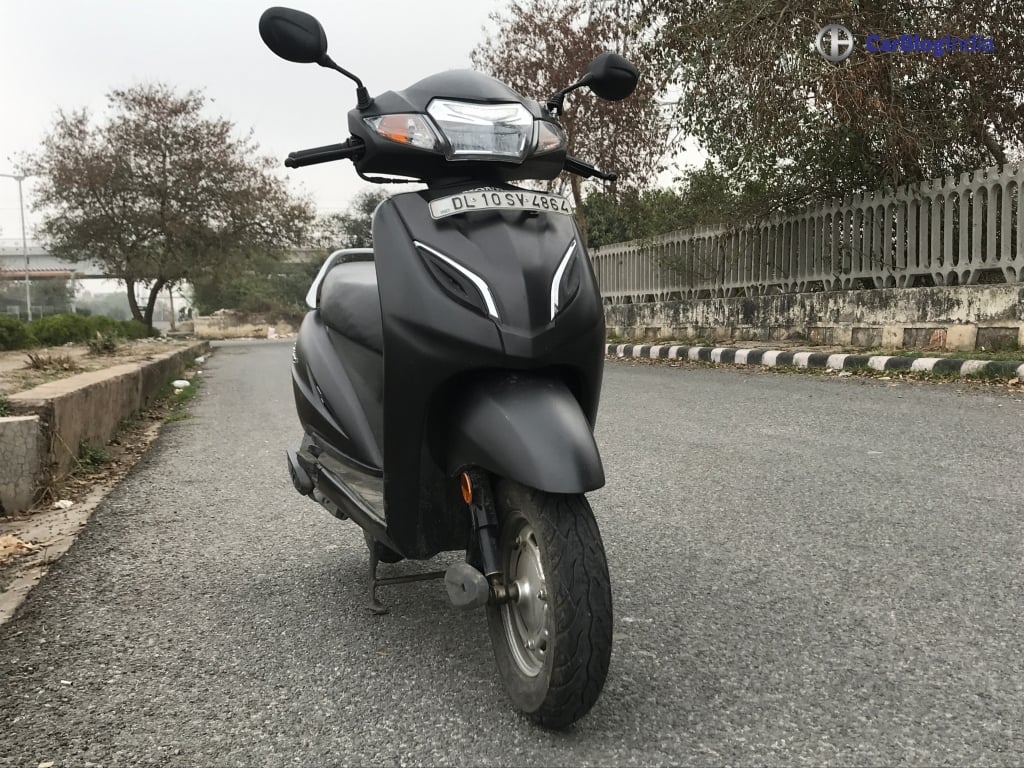Honda has expressed that the concentrate right now is to progress to Bharat Stage VI emission norms before the country is ready to adopt EVs.
Honda Motorcycle and Scooter India (HMSI) has as of late turned out with an official proclamation to discuss the road map for electric bikes in India and the organization’s vision for the year 2030. The Japanese bike producer says that before the finish of the following decade, Honda intends to lead the advancement of future mobility solutions, also improving the lives of individuals on the planet with their EVs. What’s more, the Indian government’s endeavors to advance electric vehicle (EVs) is in accordance with the organization’s worldwide vision.

In context of achieving their electrification aims in India, HMSI said, “Globally, Honda has an experience of developing & selling Electric Two Wheelers for over 25 years. Due to multiple factors including vehicle cost, riding performance, range and infrastructure, customers’ adoption of EV is still a major challenge.”
Further expounding on this issue, Honda has expressed that the concentrate right now is to progress to Bharat Stage VI emission norms that come into effect from April 1, 2020. They further said, “the industry needs more time to stabilize after BS-VI changeover before we take the next step of moving from IC Engine technology, especially considering Indian customer requirement of higher daily commuting distance and price consciousness.”
Also Read :KTM 390 Adventure To Be Launched In India First; Later In Global Markets
This announcement was made with context to Niti Aayog requesting all motorcycle manufacturers in the country to recommend solid strides towards the progress to electric mobility, remembering 2025 to be the deadline by which all two-wheelers under 150 cc must be converted to electric. The government think-tank had given all traditional two-and three-wheeler manufacturers two weeks to turn out proposals and ventures to accomplish this objective. Also, all three-wheelers in the country must be mandatorily converted to EVs by 2023.
Also Read :BMW Vision M Next Concept Unveiled; Draws Inspiration From M1
Honda also elicited on the requirement for a well chalked out plan by the Government and the automobile industry to accomplish this rather ambitious objective. Honda says that the arrangement will likewise need contributions from all other concerned parties who are invested in aspects of air pollution, energy security, cost of technology, availability of raw materials and infrastructure while addressing employment impact to increase stepwise penetration of Electric Vehicles.


